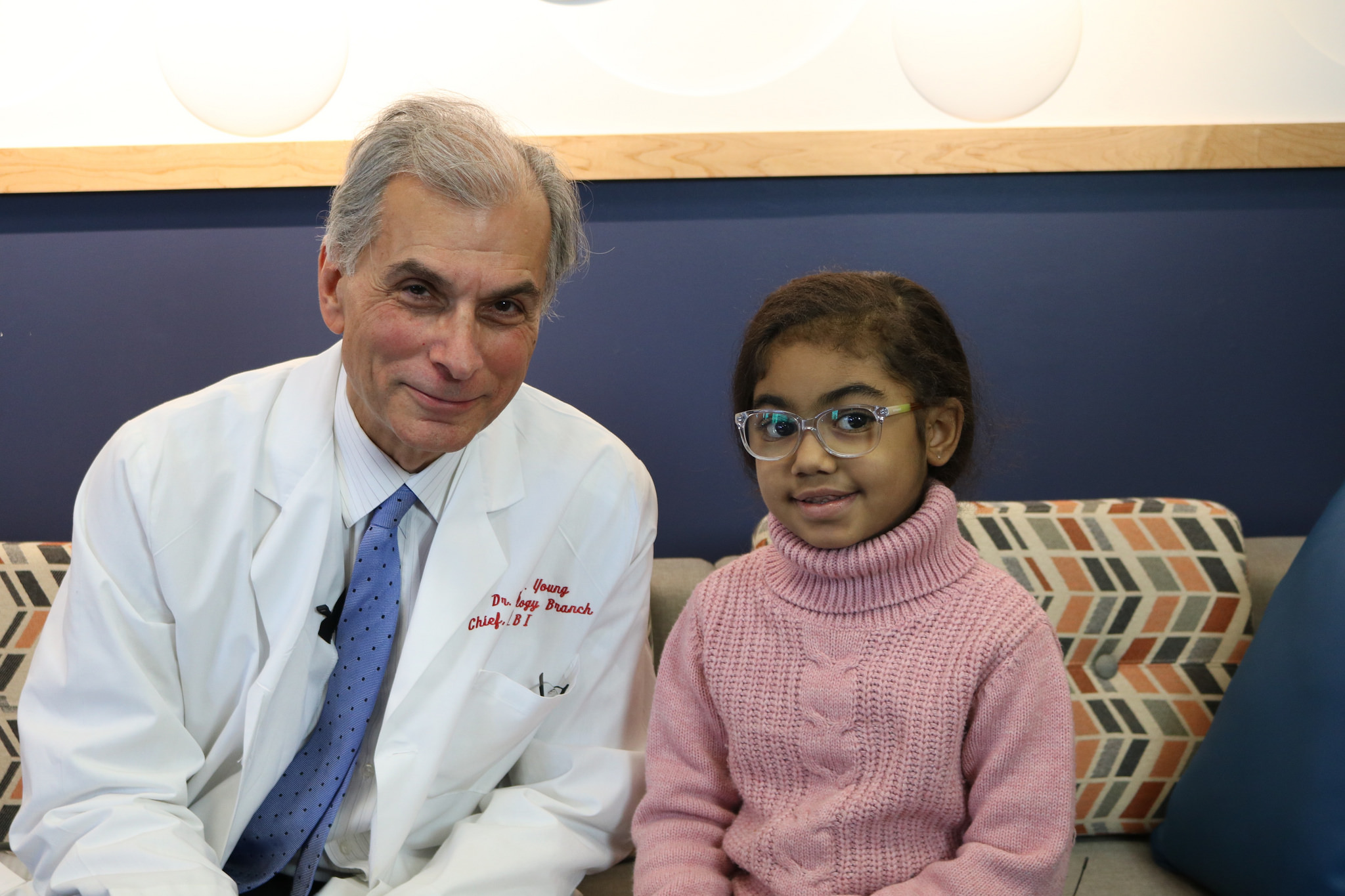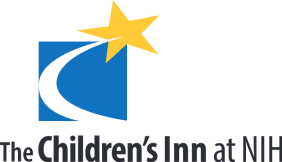Why Rare Diseases Concern Everyone

At The Children’s Inn at NIH, we provide free lodging and a wide range of supportive services to more than 1,500 families of children with rare or difficult-to-treat diseases every year while they’re receiving treatment or participating in clinical trials at the National Institutes of Health. But rare diseases don’t just concern patients and their loved ones. Here are five reasons why rare diseases concern all of us:
- Rare illness is surprisingly common. One in 10 Americans – a total of 30 million – are affected at a time. Chances that you know someone or several people with rare disorders – a family member, friend, child of a friend or a coworker – are high.
- Medical professionals have identified about 7,000 rare diseases. Rare disorders include Hodgkins lymphoma, ALS or Lou Gherig disease, albinism, certain forms of cancer, sickle cell disease, multiple sclerosis and thousands more you probably have never heard of unless you know someone with the specific disorder. More than 80% of rare diseases have a genetic basis.
- In the United States, a disease is considered rare when fewer than 200,000 Americans at a time have the diagnosis. More than half of all Americans living with rare illnesses are children.
- Sadly, effective treatment exist for only a few hundred rare illnesses. That means millions of rare disease patients are left without effective treatment. Getting the right diagnosis and finding medical help can be financially exhausting for individual patients, their families and our entire health care system.
- The need for ongoing research into rare diseases is great. For rare disease patients, clinical trials are often the only and last hope for relief or recovery and the chance to help others. And rare disease research can help reduce healthcare costs, eliminating the need for ineffective tests and treatments, and unnecessary visits to doctors and hospitals.
Interested in learning more about rare diseases? Check out these resources:
- National Institute of Health’s National Center for Advancing Translational Sciences: https://rarediseases.info.nih.gov/
- National Organization for Rare Disorders: https://rarediseases.org/




